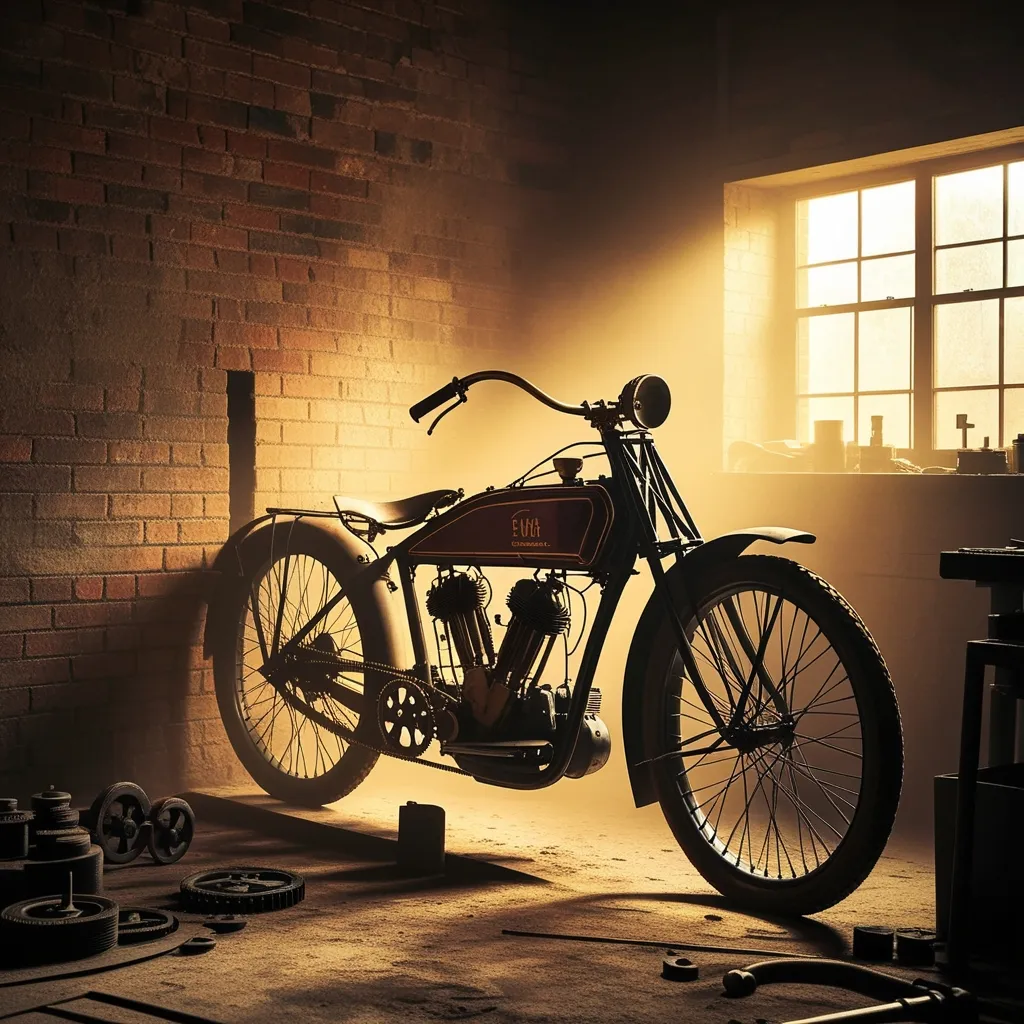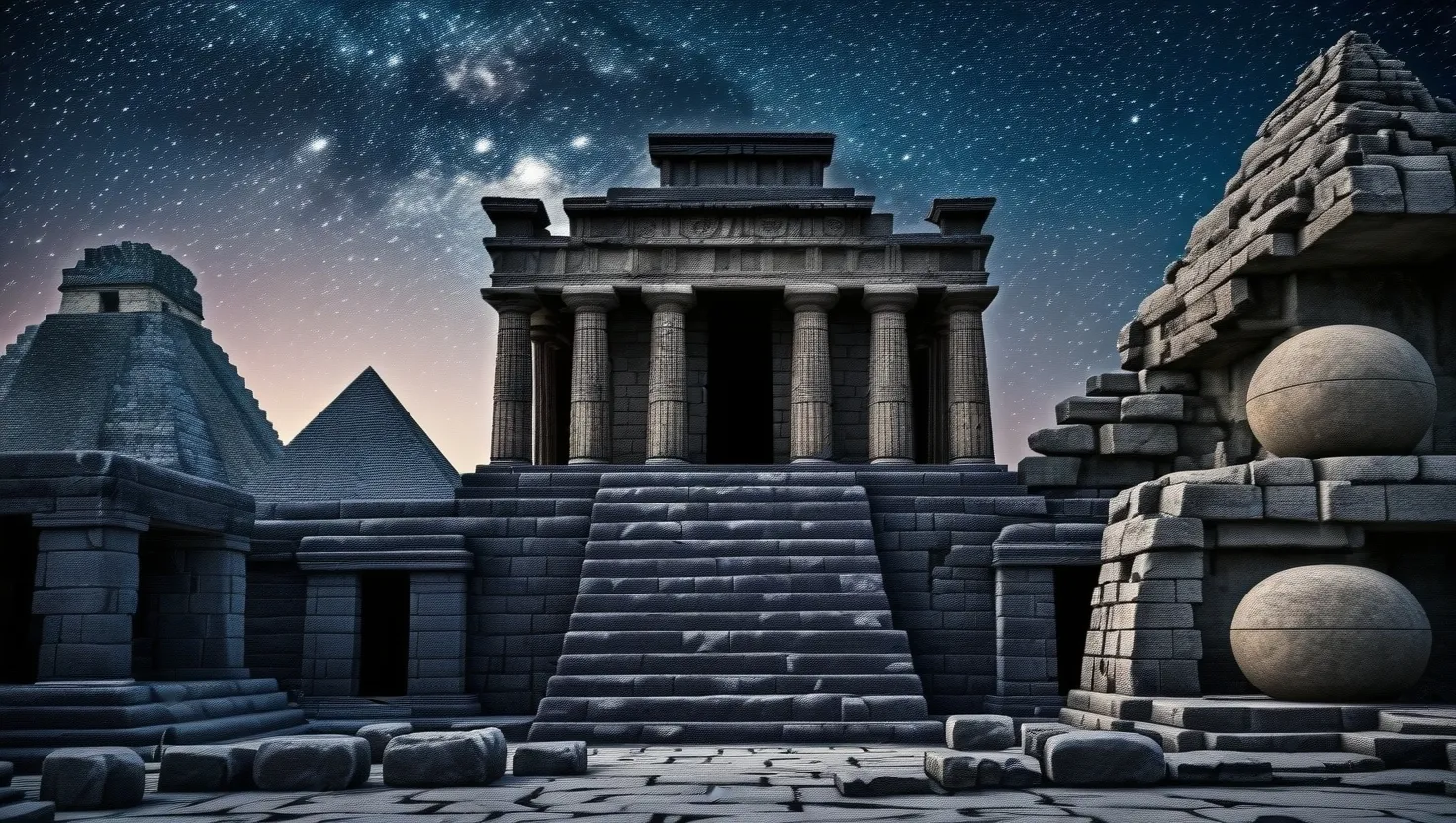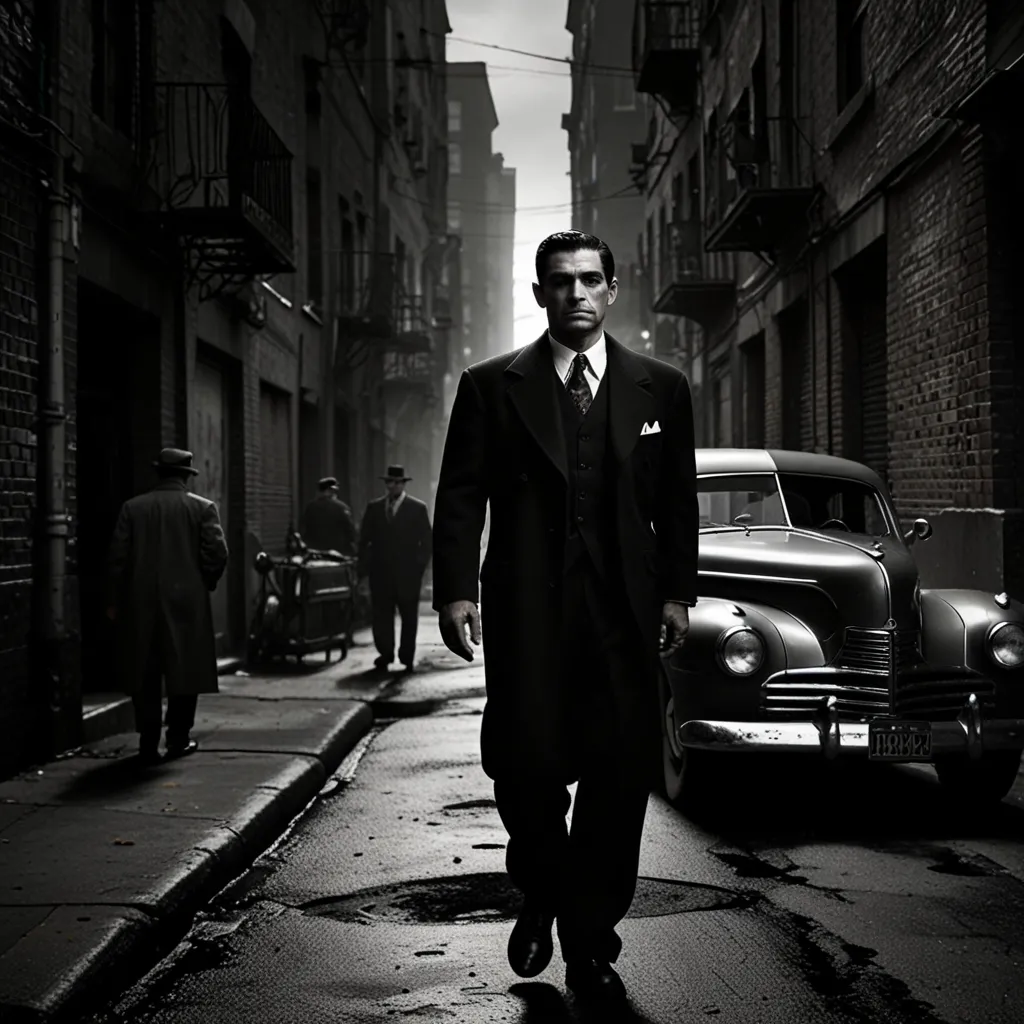The Tale of the 1916 Traub Motorcycle: A Hidden Gem of American Engineering
Imagine stumbling upon a century-old motorcycle, hidden behind a brick wall for decades. Sounds like something out of a movie, right? Well, that’s exactly what happened with the 1916 Traub Motorcycle, a mysterious and groundbreaking machine that continues to captivate enthusiasts to this day.
Let’s dive into this fascinating story, shall we?
Picture Chicago in the early 1900s. The city’s buzzing with energy, and in a small machine shop, a guy named Richard Traub is burning the midnight oil. He’s not your average Joe – he’s an experimental machinist with a serious passion for motorcycles. Traub’s the kind of guy who’d rather spend his evenings tinkering with engines than hitting the town.
Back in 1907, Traub wrote to Motorcycle Illustrated, bragging about a homemade bike he’d built. It was a modest four-horsepower machine, but it was just the beginning. Little did anyone know, Traub was about to create something that would leave people scratching their heads for generations.
Fast forward to 1916, and Traub’s unveiled his masterpiece – the Traub Motorcycle. This wasn’t just any bike; it was a beast of a machine that put most others to shame. We’re talking about a 78 cubic inch V-twin engine here, folks. To put that in perspective, it’s got an engine capacity of 1,278cc when most bikes of the time were puttering around with 1,000cc engines.
But size isn’t everything, right? Well, Traub knew that, and he packed this bike with features that were way ahead of their time. It’s got a side-valve arrangement, a gas primer valve, and an adjustable crankcase breather. If you’re not a gearhead, just know that this stuff was seriously advanced for 1916.
And get this – the Traub has a three-speed transmission. That might not sound like a big deal now, but back then, most bikes had just one speed. It’s like Traub looked at the future and thought, “Yeah, I’ll have some of that.”
The brakes on this thing? They’re something else. Traub came up with a dual-acting rear brake system that’s never been seen on any other American motorcycle. It’s the kind of innovation that makes you wonder what else this guy could’ve come up with if he’d had more time.
Now, here’s where the story takes a turn for the mysterious. Traub built this incredible machine in his garage workshop, but then he had to leave it behind when he went off to fight in World War I. Apparently, a neighbor decided to brick up the bike behind a wall before he also headed off to war. Sadly, the neighbor never made it back, and the Traub sat there, hidden away, for over 50 years.
Can you imagine the shock when someone finally discovered it in 1967? It must’ve been like finding a time capsule, but instead of old newspapers and coins, it’s a cutting-edge motorcycle that shouldn’t even exist.
After its discovery, the Traub Motorcycle went on quite a journey. It changed hands a few times, even belonging to the King of Cool himself, Steve McQueen, for a while. Today, it’s found a home at Dale Walksler’s Wheels Through Time Museum in North Carolina.
Walksler’s not just letting it gather dust, though. He’s restored the bike and even rides it around the museum grounds. Yeah, you heard that right – this 100-year-old bike still runs. It can hit about 80 miles per hour, which is pretty impressive for a bike its age.
When Walksler took the bike apart, he found even more surprises. The engine has handmade pistons and gap-less cast iron rings. It’s like every part of this bike was crafted with an insane level of attention to detail.
The Traub Motorcycle isn’t just a cool old bike – it’s a testament to human ingenuity and passion. Richard Traub wasn’t working for a big company or trying to get rich. He was just a guy who loved motorcycles and wanted to push the boundaries of what was possible.
Think about it – this bike was built in a time when cars were still a novelty, and most roads were unpaved. Yet, Traub created something that would still be considered advanced decades later. It’s like finding out someone built a smartphone in the 1950s.
The story of the Traub Motorcycle raises so many questions. What else did Traub create that we don’t know about? How different would motorcycle history be if his designs had been widely adopted? And perhaps most intriguingly, why did he hide the bike away?
We might never get all the answers, but that’s part of what makes this story so captivating. It’s a reminder that innovation can come from unexpected places, and that sometimes, the most amazing discoveries are hidden right under our noses – or in this case, behind a brick wall.
The Traub Motorcycle stands as a symbol of American ingenuity and craftsmanship. It’s a piece of history that continues to inspire and amaze, even in our age of high-tech, computer-designed vehicles. It reminds us that with passion, skill, and a willingness to think outside the box, one person can create something truly extraordinary.
So next time you’re out for a ride, or even just tinkering with your own bike, spare a thought for Richard Traub and his remarkable creation. Who knows? Maybe you’ll be inspired to create something revolutionary yourself. After all, every great innovation starts with a spark of imagination and the courage to bring it to life.
The tale of the 1916 Traub Motorcycle isn’t just a story about a bike – it’s a story about human creativity, perseverance, and the enduring power of a great idea. It’s a reminder that sometimes, the most incredible things can come from the most unexpected places. And who knows? Maybe there are other Traub-like creations out there, just waiting to be discovered. Keep your eyes open, folks – you never know what piece of history might be hiding behind the next brick wall.






